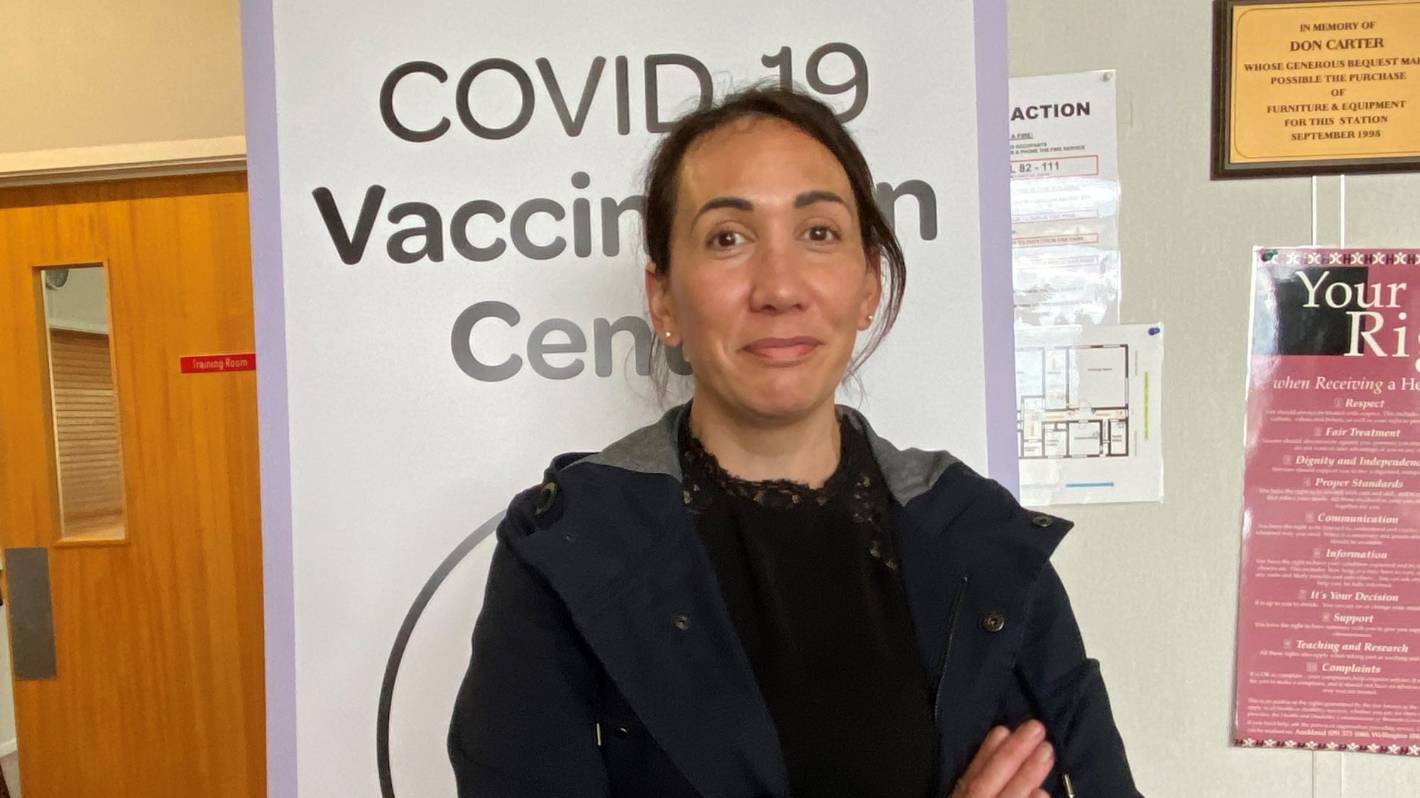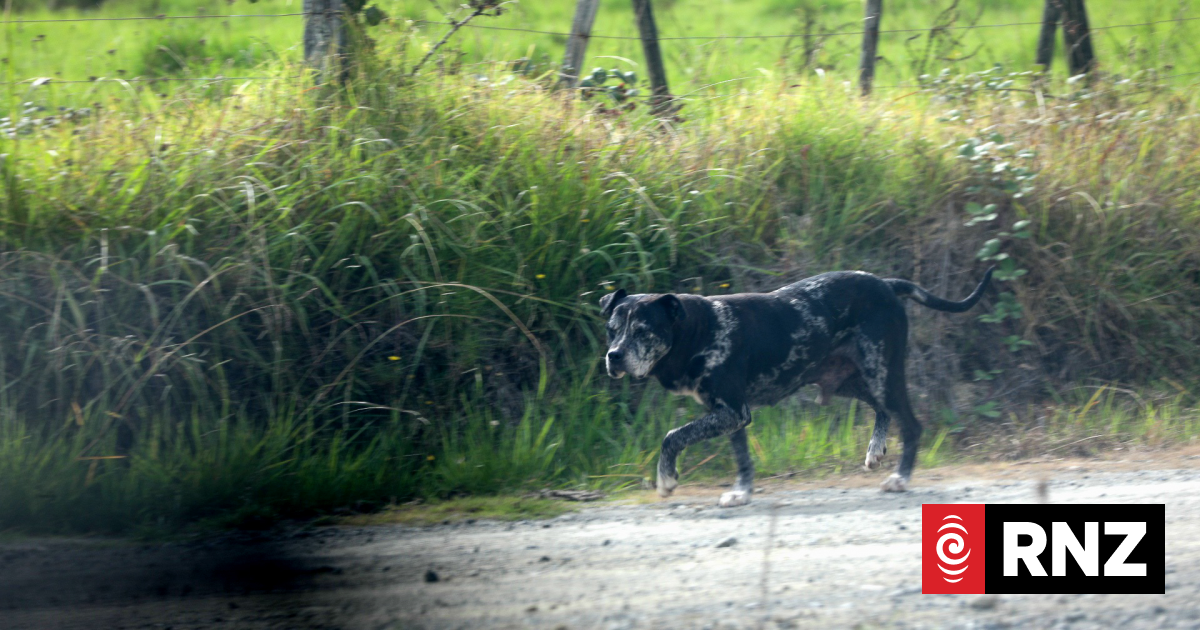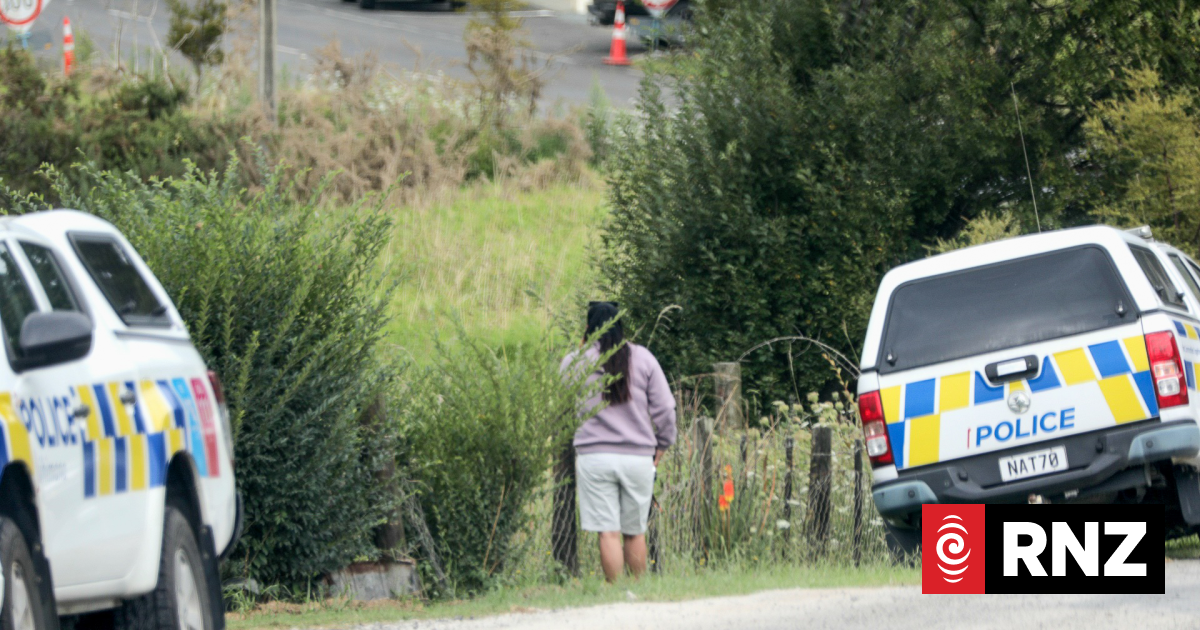- Northland is the only region in the country where 90% of the eligible population has not had two Covid-19 jabs (88%).
- Uptake of the child Covid-19 vaccine in Northland is also the lowest in the country.
- Health providers are still trying to convince people to take the free vaccine.
- Some people do not want the jab because they incorrectly believe they are safe from Covid-19 if they have had the virus.
Covid-19 fatigue and incorrect beliefs about reinfection are slowing vaccinations in Northland, health providers say.
Tai Tokerau is the only region in the country where fewer than 90% of the eligible population have received two shots of the jab – the level experts said would be needed to provide a high level of coverage and reduce hospitalisations, prior to the outbreak of the Omicron variant.
A booster, or third dose, is required for effective protection against Omicron.
Sixty-nine percent of eligible Northlanders have had the booster shot – the sixth lowest region in the country.
Another concern is the low numbers of Māori getting a booster, with just 55% of Māori Northlanders over 18 getting a third dose, said Tia Ashby interim chief executive of Te Hau Ora Ō Ngāpuhi.
READ MORE:
* Patients sick, in pain, wait weeks to see their GP in ongoing health crisis
* Northland hospital patients ‘being treated in corridors, chairs’ as flu and Covid-19 hit
* Covid-19: Northland only DHB that hasn’t reached 90 per cent first dose vaccine target
The Kaikohe-based health provider is continuing to offer vaccines for all eligible ages, as well as this year’s influenza vaccine and the measles, mumps and rubella (MMR) jab.
The vaccines are available through its Kaikohe clinic, but a mobile clinic helps make the service more accessible by bringing it to homes, marae or workplaces, Ashby said.
Denise Piper/Stuff
Te Hau Ora Ō Ngāpuhi interim chief executive Tia Ashby says her organisation is trying to encourage Covid-19 vaccinations with mobile clinics and fun information events. (File photo)
“Poverty, rising cost of fuel and lack of transportation are some of the core barriers to accessing primary care services,” she said.
But Ashby admitted there is not a high uptake of vaccinations now, due to both clinical and personal reasons.
Some people cannot have jabs now because they recently had Covid-19 and have to wait three months, she explained.
“Other whānau have Covid information fatigue and are over it and have blocked out any content related to Covid.
“Others believe the myth that once they have had Covid, they are now protected, which is incorrect.”
Ricky Wilson/Stuff
Prime Minister Jacinda Ardern visited Northland in November to support vaccination efforts.
Ashby is also worried about the low and slow uptake of the child Covid-19 vaccine in Northland, with just 14% of all 5 to 11-year-olds having two jabs, and just 7.8% of Māori tamariki in that age bracket.
“Although we have a vaccine that is effective, the statistics aren’t convincing enough to persuade many parents to vaccinate their tamariki,” she said.
“Some parents are hesitant and others resistant.”
To help combat this, Te Hau Ora Ō Ngāpuhi is working with other organisations, marae and hapū to hold fun whānau information events outside of normal working hours, giving parents the opportunity to ask questions, she said.
Ashby does not believe there is a need for more national attention on Covid-19 vaccines, but she is concerned about Covid-19 deaths, especially in older people.
The rest of New Zealand reached the double dose target, for residents aged 12 or over, in December 2021.
Ella Bates-Hermans
Tamariki aged 5 to 11 are able to get a kids’ version of the Pfizer Covid-19 vaccine, to help protect them against the virus.
On Wednesday, there were 1579 active cases of Covid-19 in Northland and 14 cases in hospital.
“We do need to remind whānau to be vigilant and to focus on four core messages: One, stay home if you are unwell; two, wear a mask; three, wash your hands and cover coughs and sneezes; four, get your vaccination when its due.”
These messages are also endorsed by the medical officer of health for Te Whatu Ora Te Tai Tokerau, Dr Ankush Mittal.
“Covid-19 is still very much in our community and it is vital that people stay home if they are sick, get tested if they are unwell, and be vaccinated against Covid-19 and influenza,” he said.
“Face masks are a way we can protect ourselves and others. You should wear one in indoor public settings.”
Mittal warns that older people, young children, pregnant women and those with existing medical conditions are at higher risk of developing serious complications from flu and Covid-19, such as pneumonia.
“If you’re at higher risk, make sure you are up-to-date with immunisations and be ready to seek healthcare advice early if you become more unwell than usual with flu-like symptoms.”
With both hospitals and GPs under strain in Northland, Mittal urges whānau to call Healthline on 0800 611 116 for health advice and guidance on when to seek medical care.




